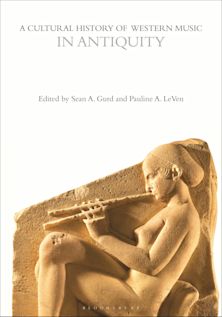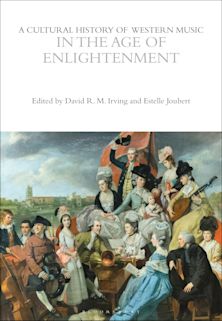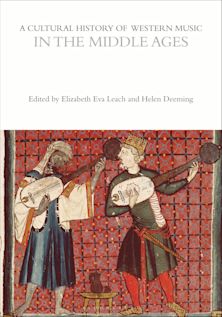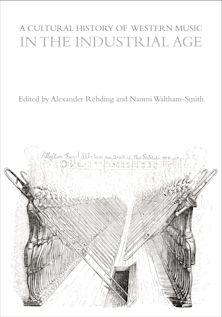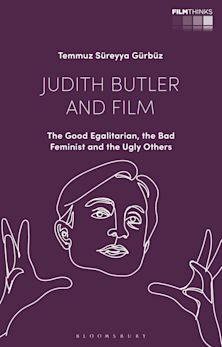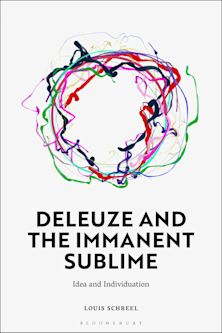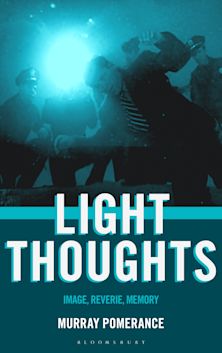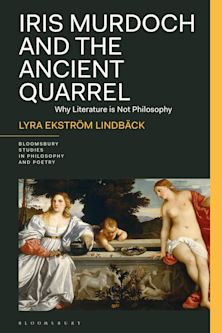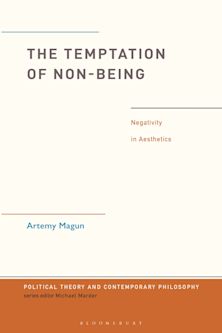This product is usually dispatched within 3 days
- Delivery and returns info
-
Free US delivery on orders $35 or over
Description
Can literary fictions convey significant philosophical views, understood in terms of propositional knowledge? This study addresses the philosophical value of literature by examining how literary works impart philosophy truth and knowledge and to what extent the works should be approached as communications of their authors.
Beginning with theories of fiction, it examines the case against the prevailing 'pretence' and 'make-believe' theories of fiction hostile to propositional theories of literary truth. Tackling further arguments against the cognitive function and value of literature, this study illustrates how literary works can contribute to knowledge by making assertions and suggestions and by providing hypotheses for the reader to assess.
Through clear analysis of the concept of the author, the role of the authorial intention and the different approaches to the 'meaning' of a literary work, this study provides an historical survey to the cognitivist-anti-cognitivist dispute, introducing contemporary trends in the discussion before presenting a novel approach to recognizing the cognitive function of literature. An important contribution to philosophical studies of literature and knowledge.
Table of Contents
2. Fictive Use of Language
3. Literature and Truth
4. Meaning and Interpretation
5. Conclusion
Epilogue: The Grey Zone
Bibliography
Index
Product details

| Published | Jul 17 2014 |
|---|---|
| Format | Paperback |
| Edition | 1st |
| Extent | 240 |
| ISBN | 9781472579669 |
| Imprint | Bloomsbury Academic |
| Dimensions | 9 x 6 inches |
| Series | Bloomsbury Studies in Philosophy |
| Publisher | Bloomsbury Publishing |
Reviews

ONLINE RESOURCES
Bloomsbury Collections
This book is available on Bloomsbury Collections where your library has access.

















